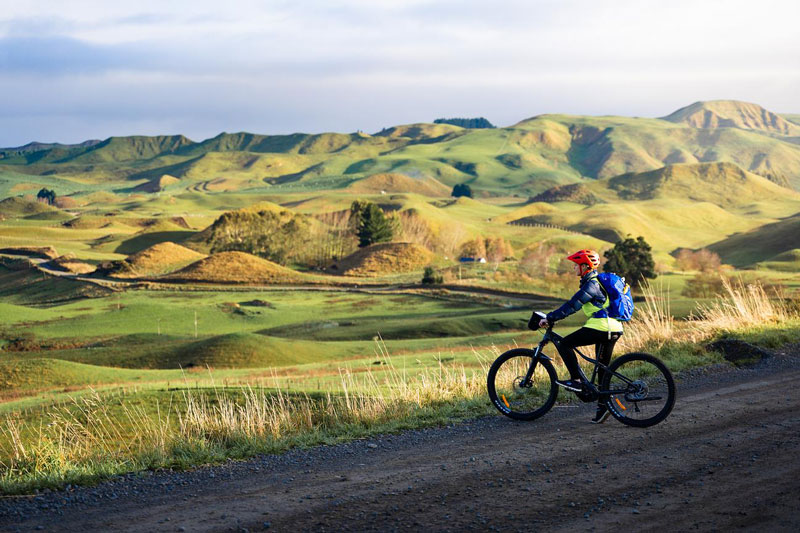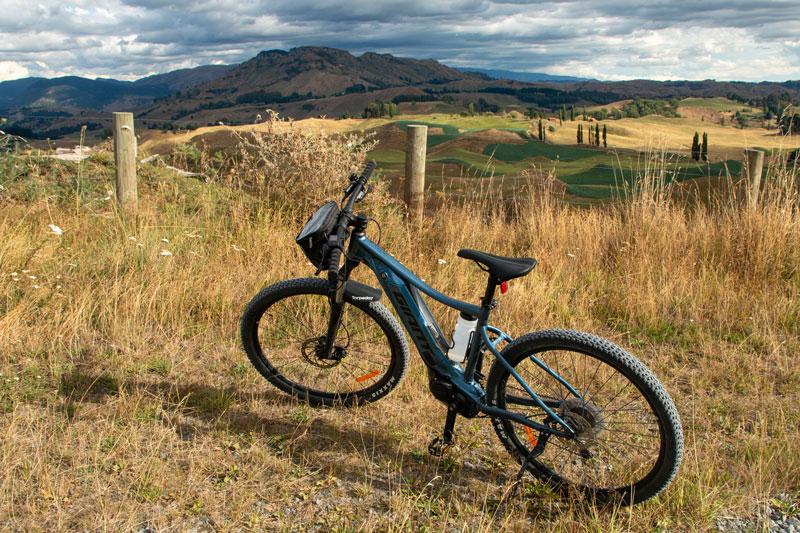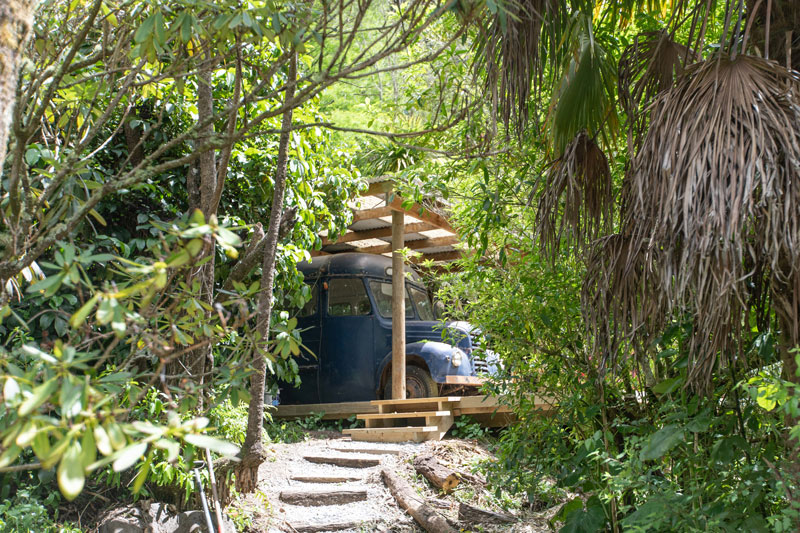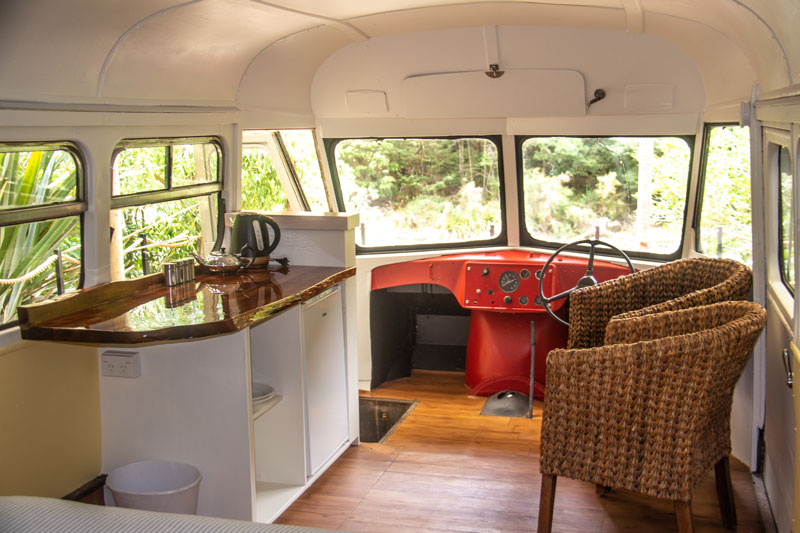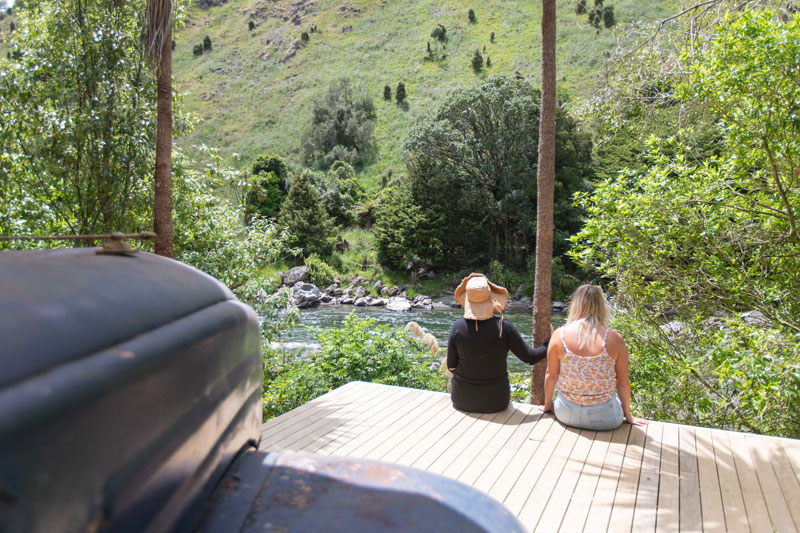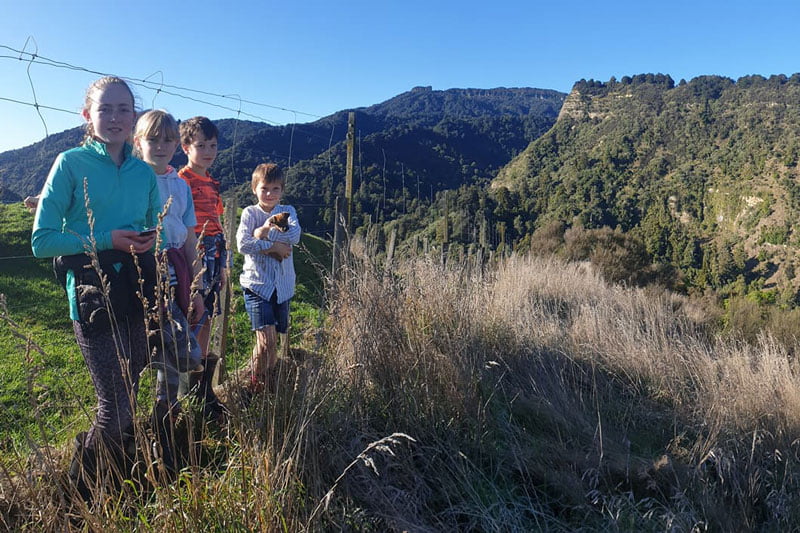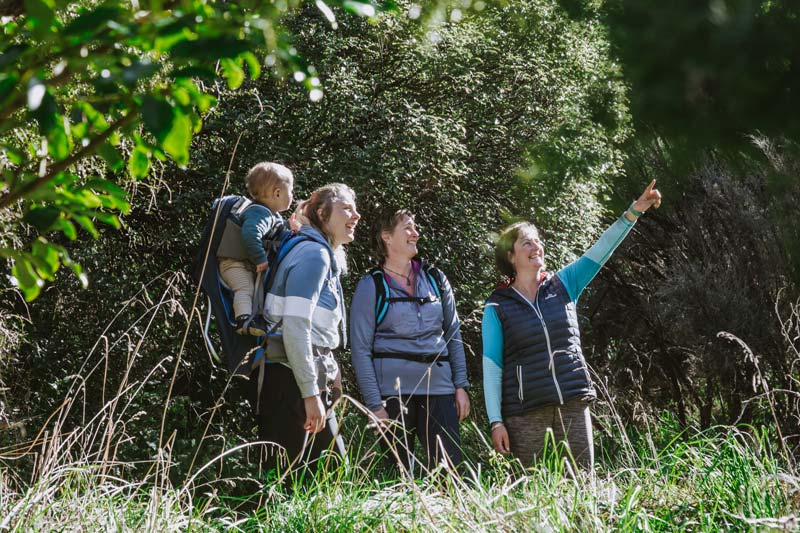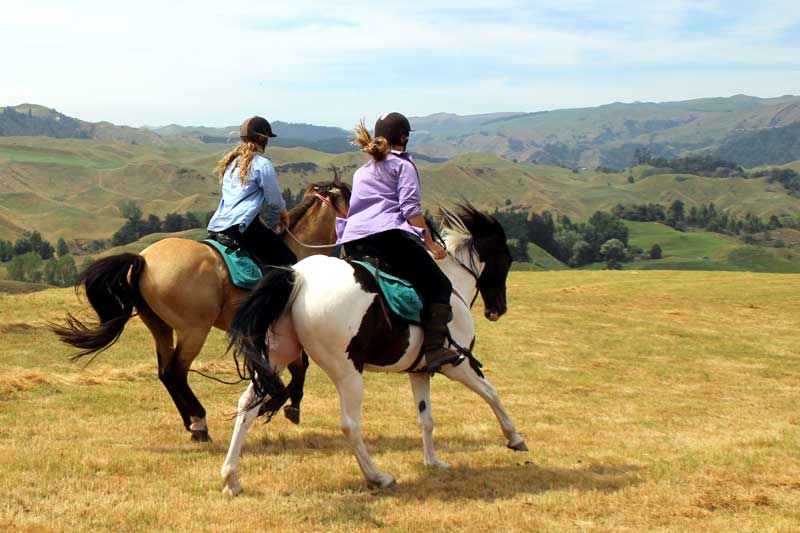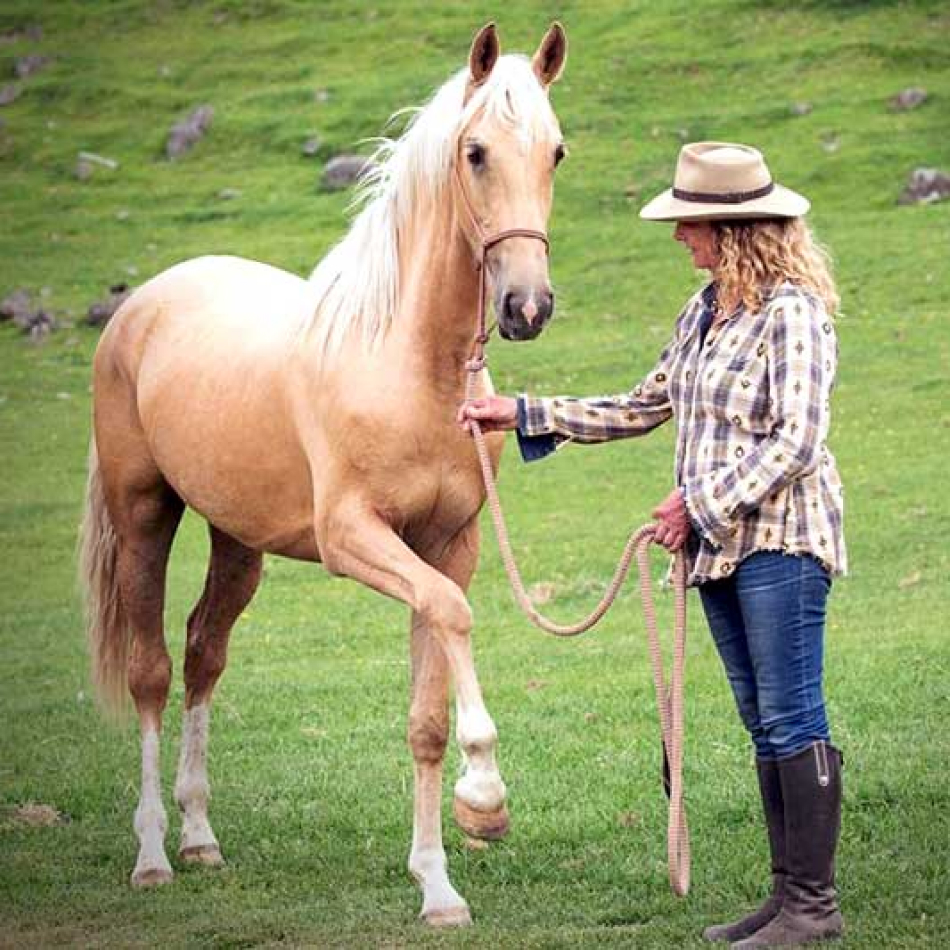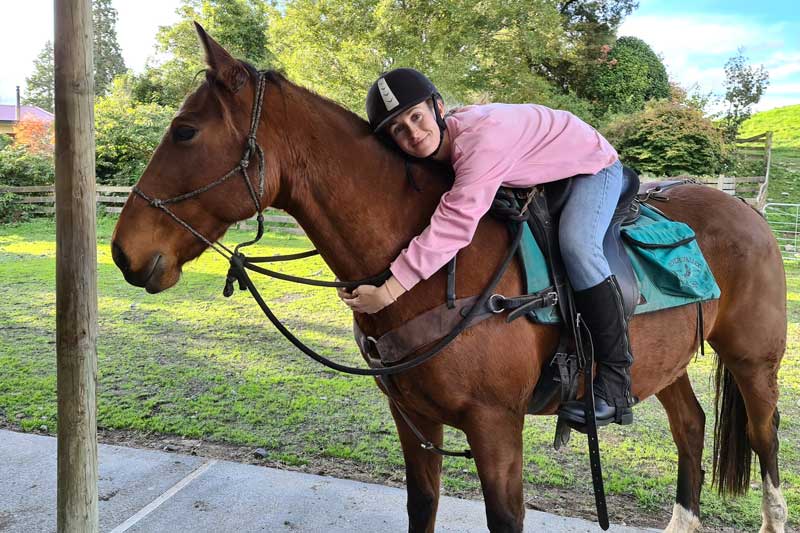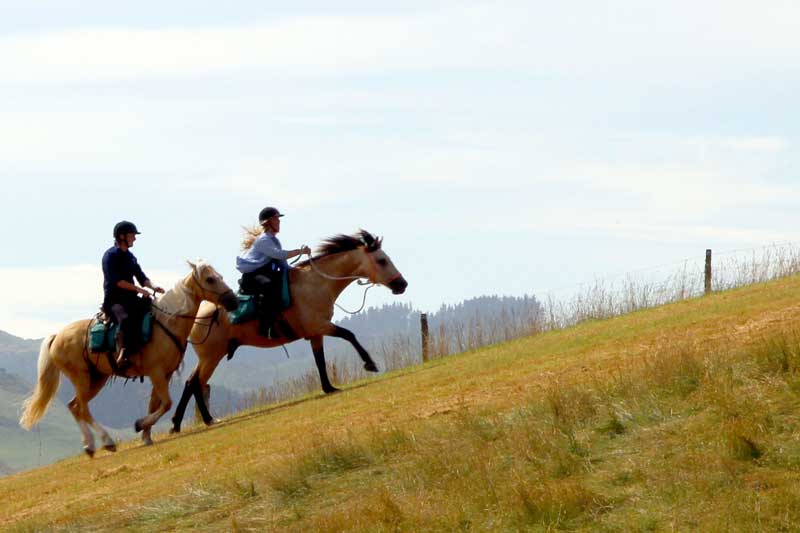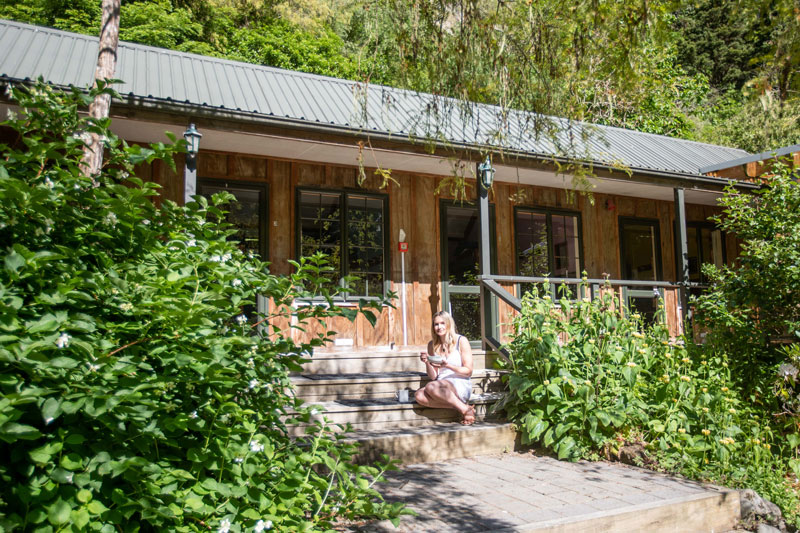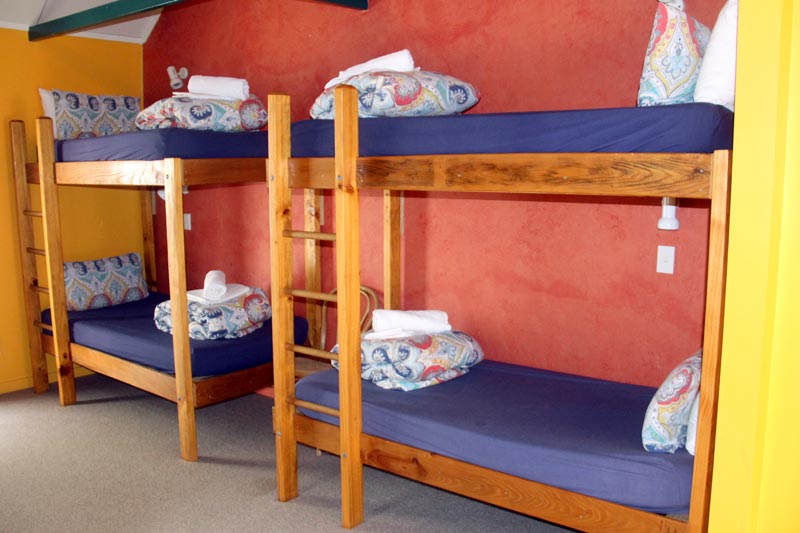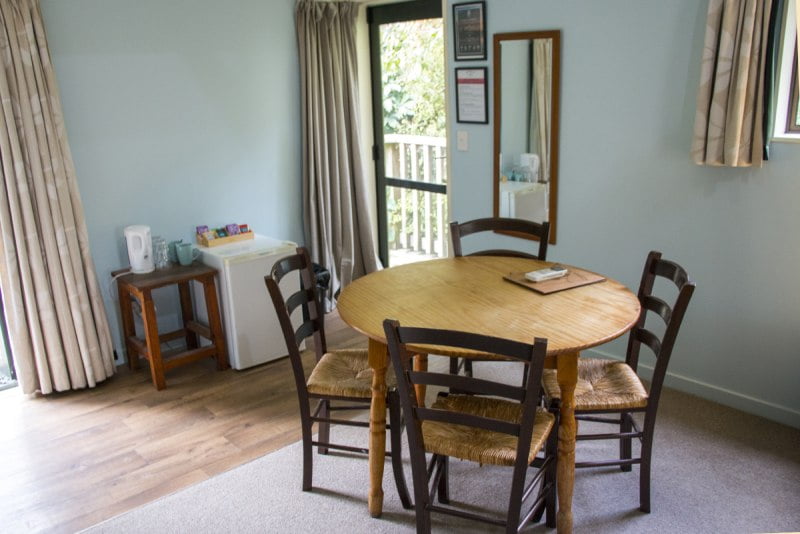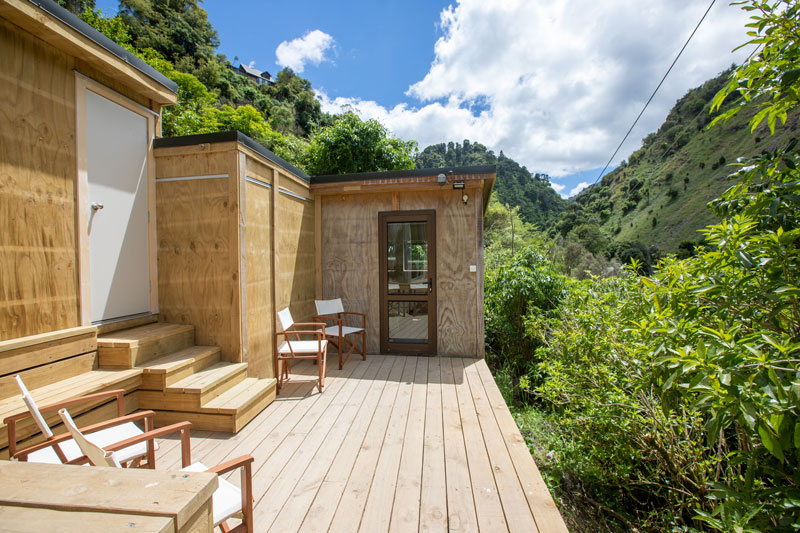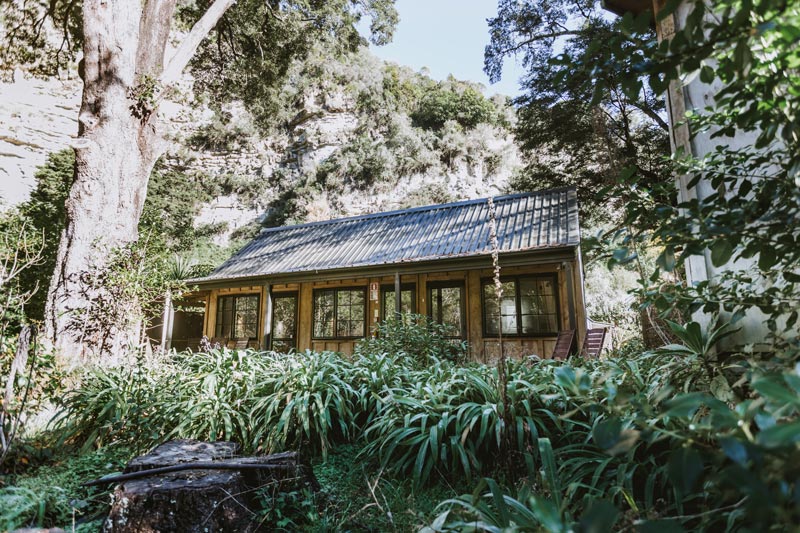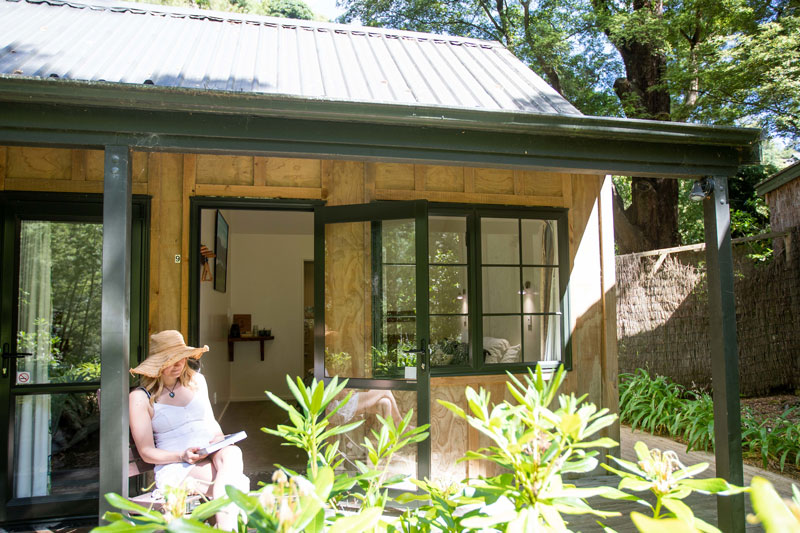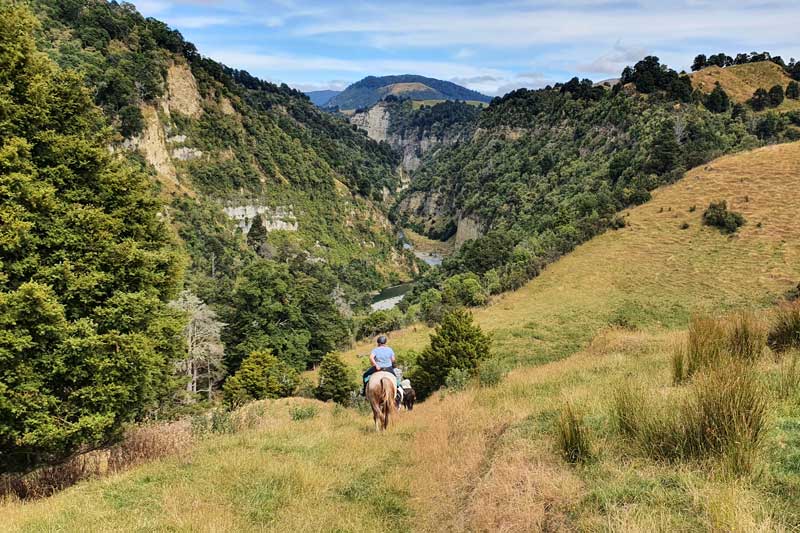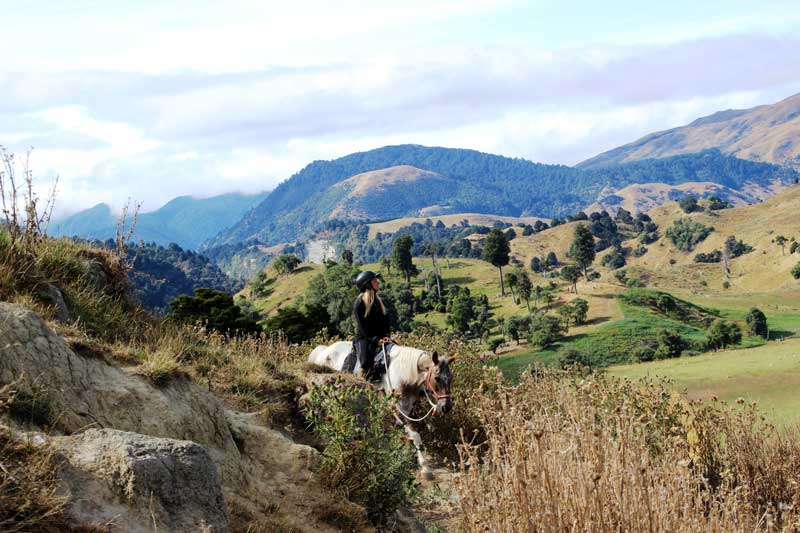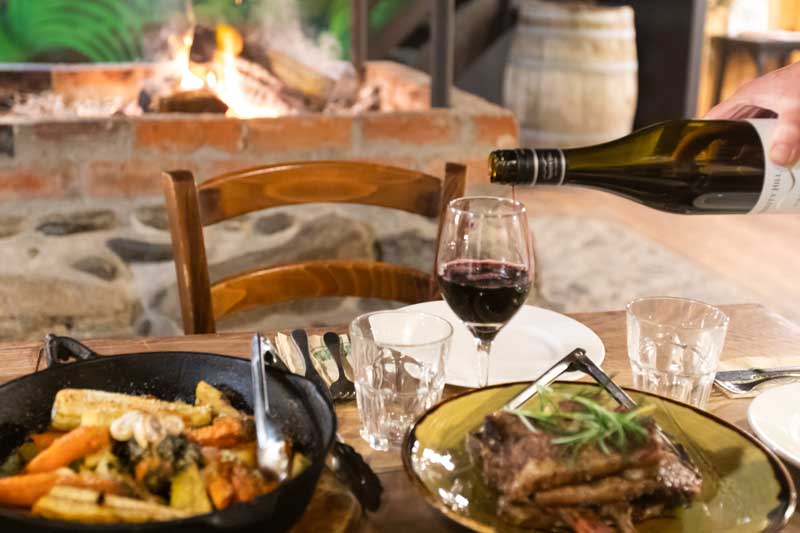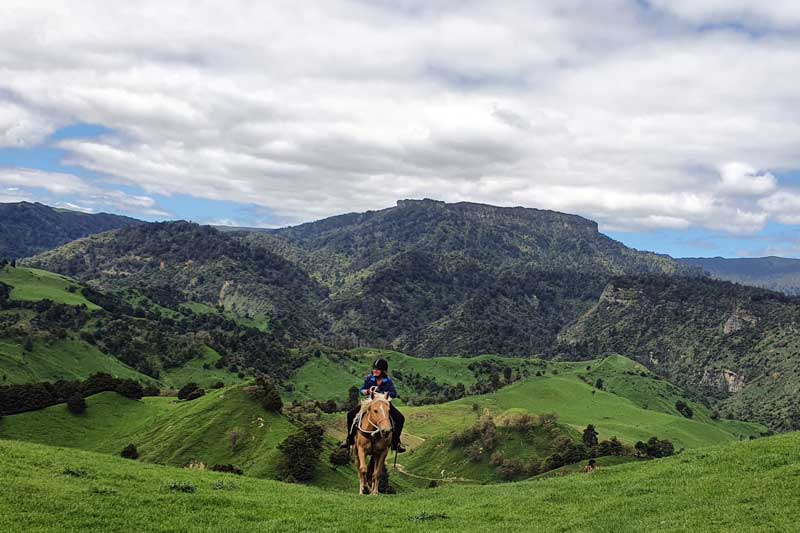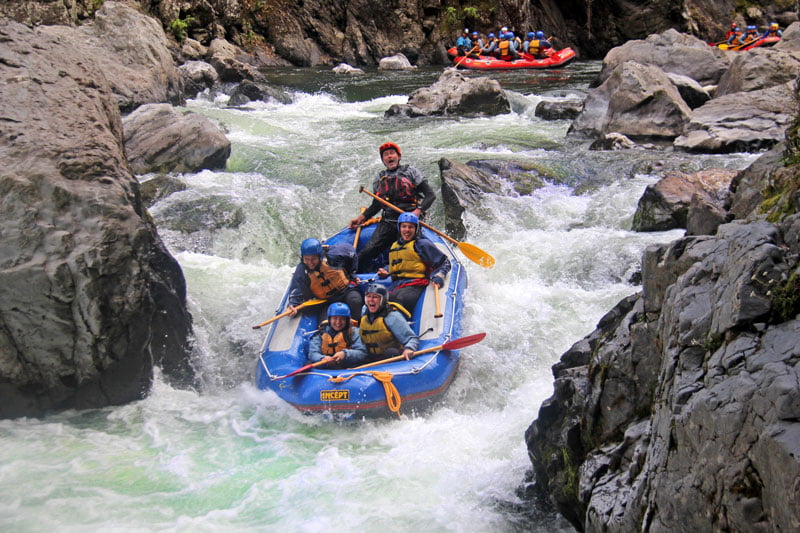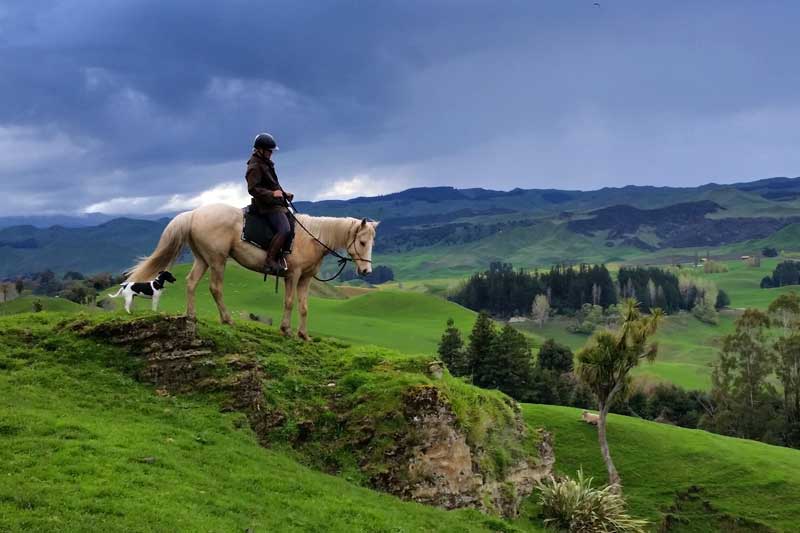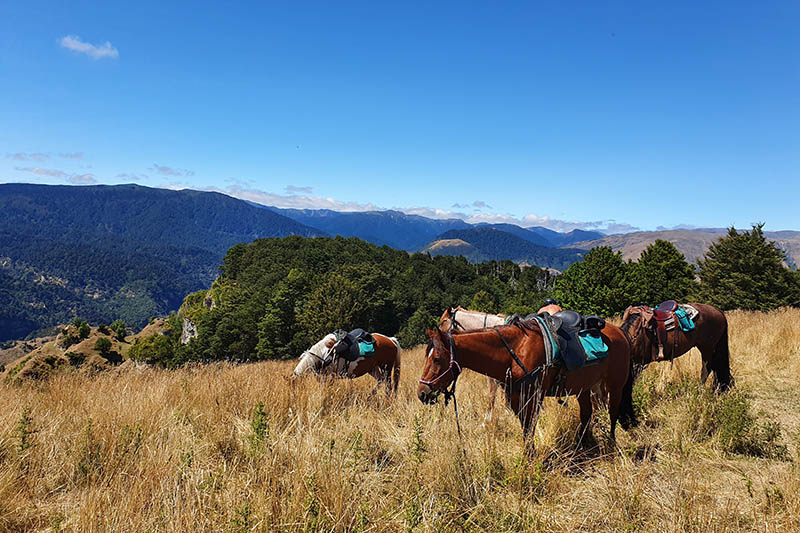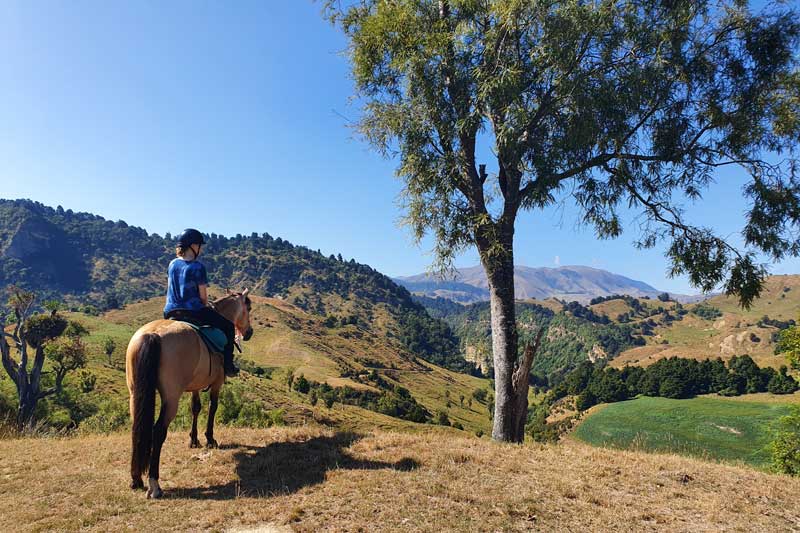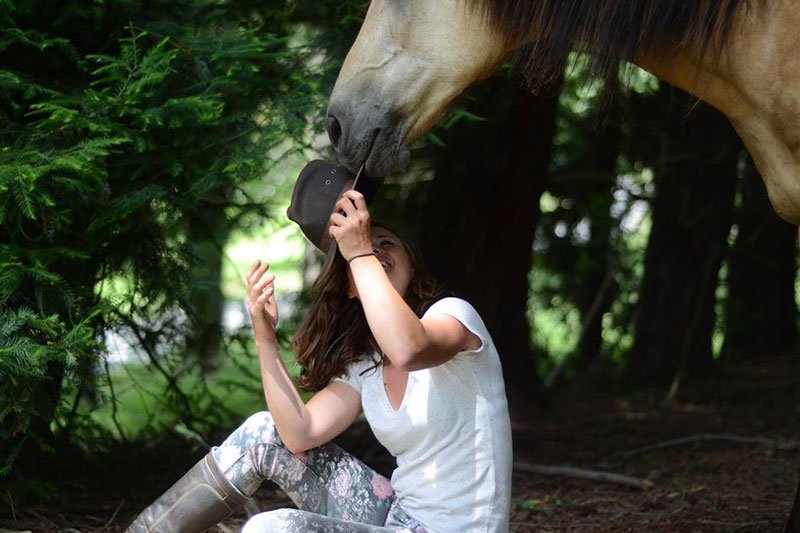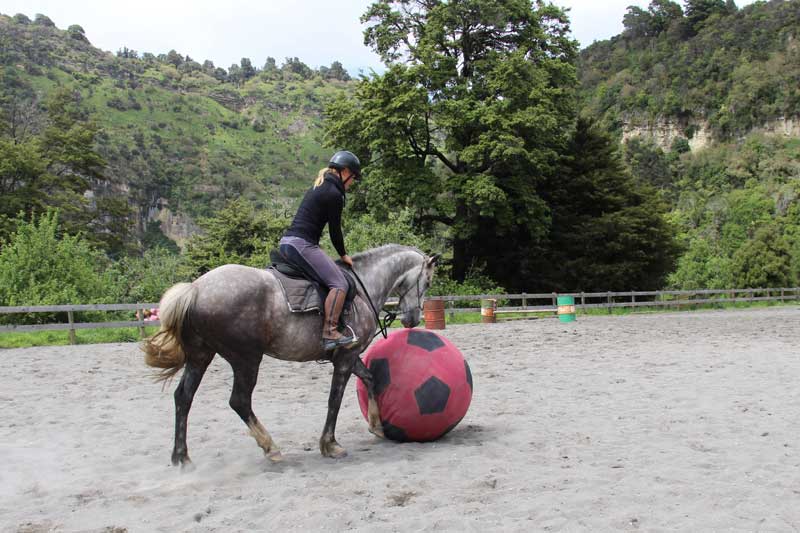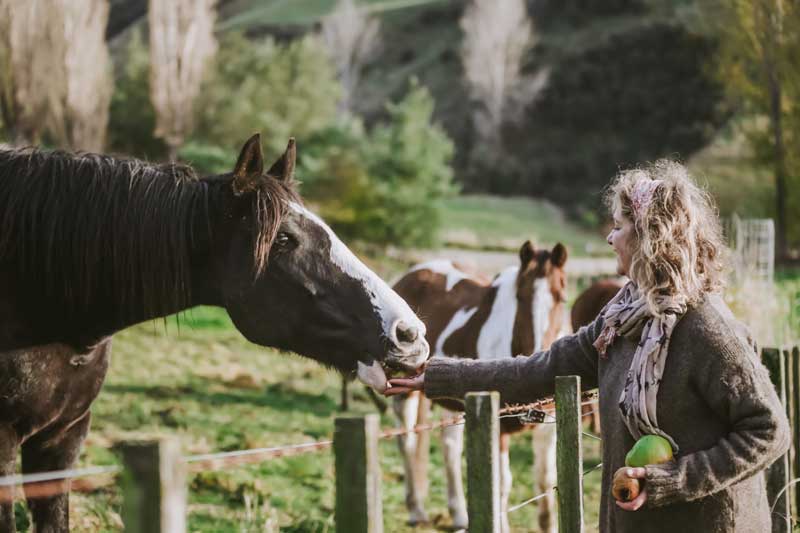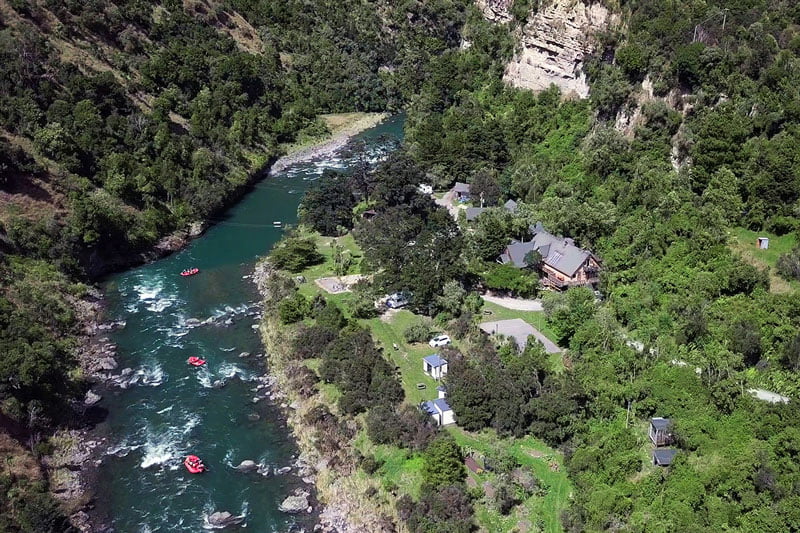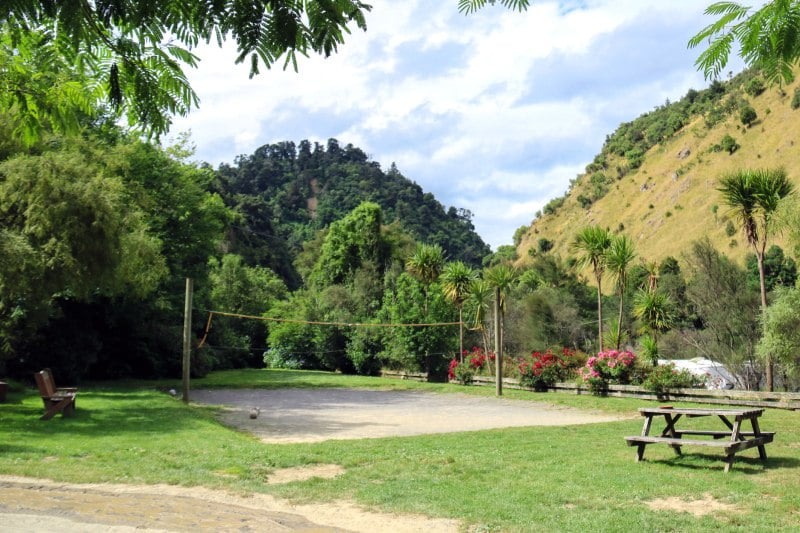The County Roadman
The 1970s in rural New Zealand marked the final passing of an era. The era that passed was the end of the long tradition of the County Roadman.
Who Were the Roadmen?
The roadmen were exactly as their name implies, men or groups of men who worked on both building and maintaining, mostly, rural roads. They and their families would be based out in the countryside, often in a house with a few acres where they could have a cow for milk, a pig, chickens, maybe a few sheep for mutton and a vegetable garden.
Why Write About County Roadmen
What prompted me to write this post is that the first home that Nicola and I bought as a married couple was an ex roadman’s cottage at Pukeokahu Junction. We were able to purchase the house and land because roadmen were no longer required. As far as the Rangitikei District Council was concerned the house and land was surplus to requirements. Great for us!
Really a small house rather than a cottage, this was a Lockwood building and cannot have been that old when we purchased it. It came with 5 acres of land. Our three daughters were all born while we lived in that house.
When Nicola and I bought River Valley off her family in 1991, we sold the house to my sister who then onsold it a few years later to a local agricultural contractor who still lives there today.
Driving past the house a couple of days ago and thinking about the past lead me to write this post and share the little I know about the County Roadmen.
A Tough Life Early Last Century
Life must have been tough for these men, especially before the widespread introduction of machinery. During the late 1800s and early 1900s, the roadman’s tools would consist of a wheelbarrow, (a heavy wooden affair) and hand tools such as a shovel, spade, and a pick. No doubt a horse and cart were used by some, while there are plenty of stories about what some roadmen could do with a stick or two of gelignite.
The various roadman’s dwellings were situated at a distance apart that they could walk with their wheelbarrow to work and still return home each day.
Later a small tractor, such as a Ferguson 24 replaced the wheelbarrow. The addition of a grader blade on the tractor allowed even more road surface manicuring. Later still the roadman would have had a purpose-built grader. Each technological development meant that each roadman could service a greater stretch of road, meaning fewer roadmen were required. Over time dwellings were sold off or abandoned.
It was the continuing development of bigger machines and their growth in power and ability to cover more kilometres in a day that eventually lead to the end of roadmen living out in the countryside.
Now road maintenance is carried out by crews based in local rural service towns, or even further afield.
For roadmen in more outlying rural communities such as Pukeokahu, it was a solitary working life, though they and their families were an integral part of many rural communities. Nicola remembers going to school with children of the local county roadman.
Since Nicola was a child, the makeup of many rural communities has changed a great deal. There are now fewer but larger farms, there are fewer farm workers and those, in common with farm owners, have smaller families. Rural schools have either closed or have smaller class roles. The population shrinks.
And of course, there are no longer any County Roadmen.
The end of an era.
Brian Megaw
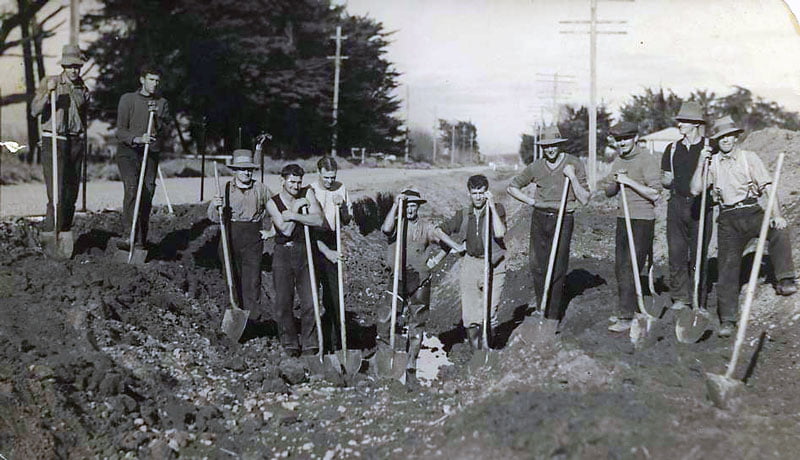
Roadmen working on the Levin Road
Photo courtesy of the Foxton Historical Society

